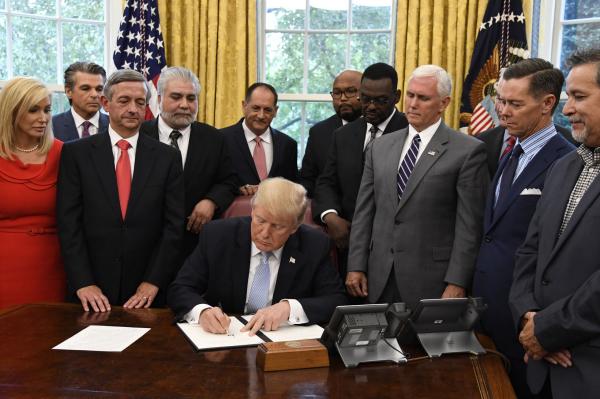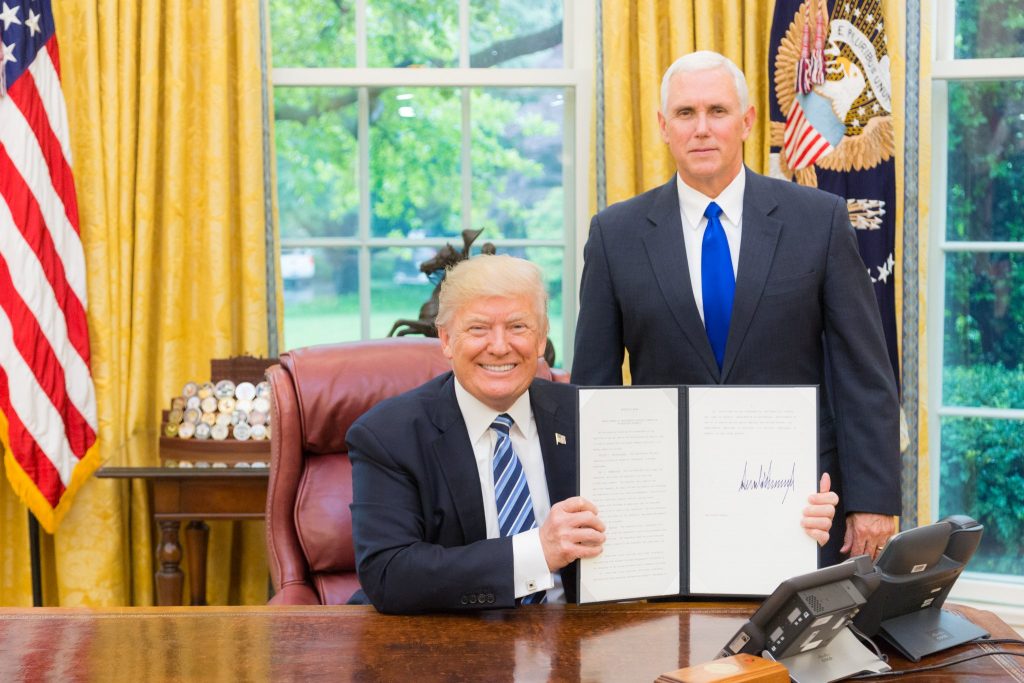

Chris Truax, a lawyer and CEO of CertifiedVoter.com, believes it is possible. Here is a taste of his piece at The Bulwark:
Funnily enough, the activity that puts Donald Trump in the greatest legal danger is also the most absurd: his habit of tearing up documents into little pieces.
First, this behavior was extensive and extremely well documented. It apparently went on throughout his entire presidency. And hundreds, probably thousands, of documents were destroyed this way. Some of the documents provided to the January 6 Commission had been taped back together and the National Archives apparently has bags full of hand-shredded documents that still need to be reassembled. Even if all these shredded documents were recovered by White House staff attempting to comply with the Presidential Records Act—a generous assumption—18 U.S.C. § 2071 prohibits both mutilation and destruction of federal records. That someone was able to tape them back together is not a defense.
The usual problem with a prosecution like this would be proving that Trump had the necessary mens rea, in other words, that he knew that these were federal records and that he knew that it was illegal to tear them up. In most cases, you have to prove a defendant had the required criminal intent through circumstantial evidence. Not here. Trump was repeatedly warned that tearing up documents was illegal, both by White House counsel Don McGahn and by his first two chiefs of staff, Reince Priebus and John Kelly. So there is no question whatsoever that Trump knew his behavior violated the law. In fact, we have Donald Trump’s own word for it.
You’ll recall that Nancy Pelosi ripped up a copy of Donald Trump’s speech after his 2020 State of the Union address. Trump, mistakenly, thought the copy he handed Pelosi was a federal record and he didn’t take kindly to this, telling reporters during a press gaggle on February 7, 2020, “Well, I thought it was a terrible thing when she ripped up the speech. First of all, it’s an official document. You’re not allowed—it’s illegal what she did.” You will never, ever see better proof of criminal intent than that.
Nonetheless, the Department of Justice could still decline to prosecute. Prosecutors have prosecutorial discretion and are supposed to weigh the costs and benefits of a prosecution before proceeding—even if they think they have a case. For example, the Department of Justice has, apparently, decided not to prosecute Donald Trump for obstruction of justice based on the findings in the Mueller Report. This is probably because the DOJ believes that it would be difficult to prove the charges beyond a reasonable doubt and out of concern for the precedent that would be set by prosecuting a former president for activity in what might be a complex constitutional gray area.
But neither of those concerns should stop the DOJ from prosecuting Donald Trump for shredding documents. There’s no question that he did it and it isn’t a gray area. Trump repeatedly violated a simple, clear-cut legal duty despite being repeatedly warned that what he was doing was illegal. His willful, calculated, open, and notorious refusal to follow the law is exactly the kind of thing that prosecutors most want to prosecute because failing to do so sends a message.
If you can’t prosecute someone—even the president—for intentionally and knowingly violating a law for four years, then you can never prosecute anyone for violating it and that law is a dead letter.
Read the entire piece here.